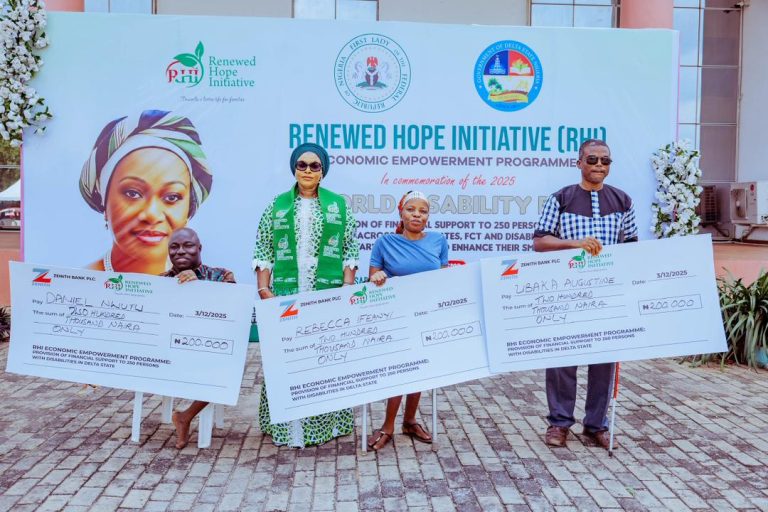
The National Agency for Food and Drug Administration and Control, NAFDAC, has said that 50 per cent of imported pharmaceutical products in Nigeria are fake.
The Director General of NAFDAC, Mojisola Adeyeye, disclosed this during a recent stakeholders’ engagement in Abuja.
She explained that the certificate of a pharmaceutical product (CPP) is expected to follow the guidelines of the World Health Organisation (WHO) and it establishes the status of the product and the applicant for the certificate in the exporting country.
However, Adeyeye lamented that despite efforts to ensure product quality, many CPPs arriving in Nigeria are fake.
According to her, substandard and falsified products threaten access to safe, efficacious, and affordable medicines, and undermine the achievement of universal health coverage in Nigeria, and Africa.
She explained that WHO created a scheme called Certificate of Pharmaceutical Product (CPP) and what this means is that “if we send a CPP out to another country, we are assuring the receiving country that it will be of quality.”
According to Mrs Adeyeye, most of the medicines imported to Nigeria are from South East Asia.
She said: “We have a scheme where before medicines that were approved leave that part of the world, we do pre-shipment testing, and that comes with CPP to assure us of quality, but that is not the case, because through our scheme we have been able to stop over 140 products that were approved for coming in.
“We found out that more than 50 per cent of the CPPs that come into our country are fake. Part of those responsible is our people that go to China or India and we are going to deal with it.“
She said the agency is more stringent than ever, hence there is no cutting of corners.
She noted that trade is a mutual agreement and if that agreement is harming one part of the agreement, it will be stopped.
“If a company is suspected to be compromising, in two hours we will be there, and we will shut the company down,” she said.
Mrs Adeyeye expressed concern that the significant prevalence of substandard and falsified medicines in Africa poses a major threat to public health, adding that the prevalence of falsified medicines in the region is due to limited regulation processes.
“Only about 10 per cent of national regulatory agencies have attained maturity level three. What leads to maturity level three is market control, and that is one of the nine models of maturity level three, so we have a lot of work to do in Africa,” she said.
“The NAFDAC’s mandate puts a burden on us to see a reduction in substandard and falsified medicines, both the ones that are locally manufactured and the ones that are imported.”
Mrs Adeyeye said the agency is doing its best to fight substandard and falsified medicines and products based on three thematic areas, which are to prevent, detect, and respond.







